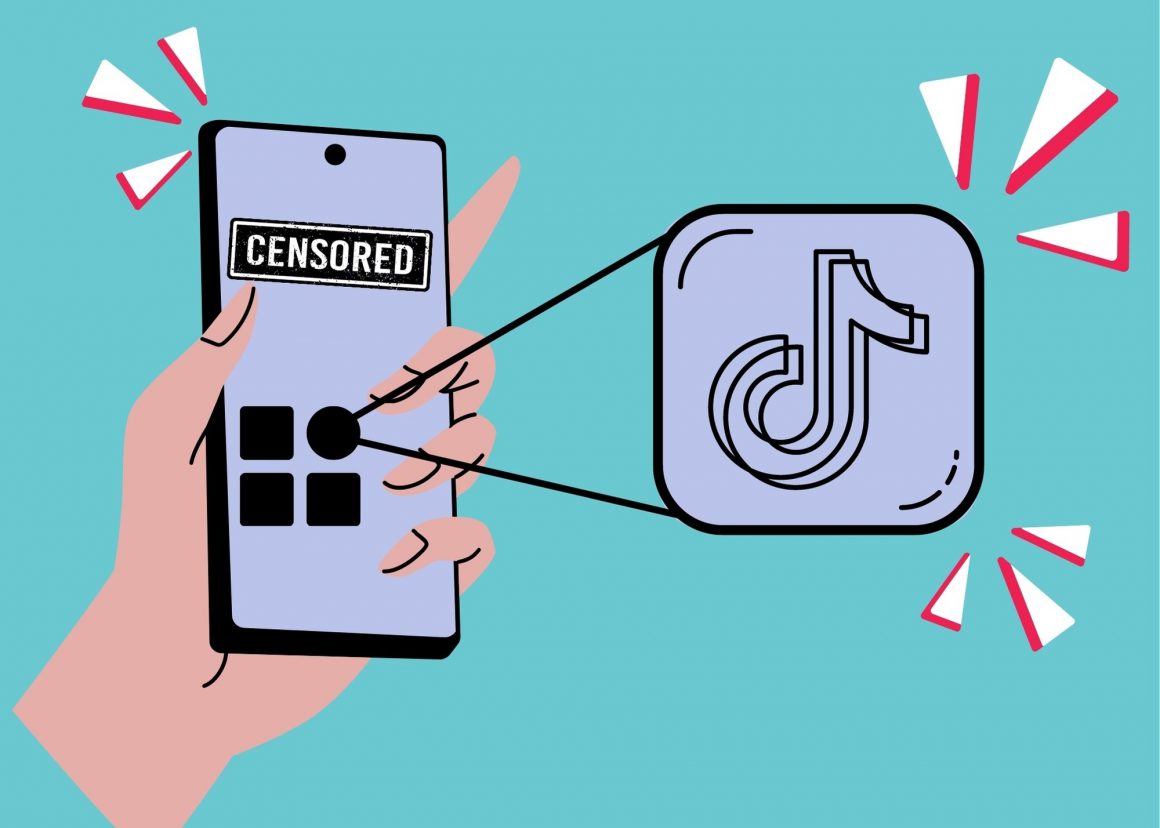
TikTok ban: What’s the big fuss?
By Ava Zardynezhad, April 14 2023—
Even if you haven’t been following the news, it’s hard to miss all the chatter around the United States’ efforts to ban the social media app, TikTok. The kerfuffle seemingly began when the White House ordered a ban of TikTok from government devices in February of this year. The ban stems from a concern about privacy and the protection of government and national data. The concern is not specific to the U.S. as many western governments such as Canada and the EU have also banned the app from government-issued devices.
TikTok is owned by ByteDance, a Chinese Internet technology company. TikTok is currently banned in China and is headquartered in Los Angeles and Singapore, according to CEO Shou Zi Chew. However, in the past, there have been reports of Chinese IT companies sharing algorithms and other data with the Chinese government.
In the midst of today’s political climate and the West’s rocky relationship with China — including disputes over election interference and their strengthening relationships with Russia — this ban makes a lot of sense. However, it is also important to consider certain contributing factors and consequences of a TikTok ban in the West.
Of the consequences that come to mind, most immediately is the creation of a void in our global communication and entertainment industry. Since the pandemic, TikTok has become an invaluable tool for communication, art, marketing and more. What might be even more important, however, is the vital role TikTok has played in building a global community. The void that this ban will create in these areas can cause a lot of problems for small- and large-scale content creators and online businesses.
However, an effect that’s looked over in this discussion, is the move toward an IT and data monopoly in the West. Currently, Google, Amazon and Meta are some Internet giants serving many Western countries. However, as we saw with the global WhatsApp outage last year, a technological monopoly comes with risks and costs.
Yet, that’s not even the worst of it. Even though this poses a risk to personal communications and businesses that use social platforms, a tech monopoly means a considerable amount of personal data is owned and controlled by a select few companies. This can lead to cases such as that of misinformation spread through Facebook during the pandemic and U.S. elections.
Above all else, it’s critical to realize that privacy concerns do not disappear with the banning of TikTok. Even American IT companies are capable of violating personal and government privacy — as we saw earlier this year when Meta was fined in Ireland for breaking EU privacy laws.
As dangerous as an unproved security threat from ByteDance’s relations with the Chinese government may be, data collection by IT companies as a whole is dangerous. We’re living in an age where almost everyone is forced to have a virtual footprint, whether that’s through opening a bank account, working for most companies or having a social media presence.
Instead of banning TikTok beyond the doors of government agencies, federal efforts may be better spent discussing tighter regulations on data collection and use by IT companies.
This article is a part of our Opinions section and does not necessarily reflect the views of the Gauntlet editorial board.
